
Anna Durbin (pictured), of Johns Hopkins University, believes the decision to start rolling out boosters next month is not based on any data
Several scientists are arguing against the White House’s decision to make COVID-19 vaccine booster shots available to all Americans.
On Wednesday, health officials said that, starting September 20, adults over age 18 who received either Pfizer-BioNTech or Moderna vaccines will be eligible for the third shot eight months after receiving their second and final dose.
But some experts say this move is a misuse of resources and not based on data.
Dr Anna Durbin, an international Health professor at Johns Hopkins University in Baltimore, Maryland, told DailyMail.com she believes the approval was not based in scientific evidence but rather on panic and fear.
She added that some medical professionals themselves may be contributing to panic about breakthrough cases and the Indian ‘Delta’ variant.
Last week, the U.S. Food and Drug Administration (FDA) approved vaccine boosters only for immunocompromised Americans.
President Joe Biden told Good Morning America on Thursday morning that ‘it’s past time’ that the booster shots become available for all adults, but not all experts agree.
‘I don’t think the data indicates that booster shots are needed,’ Durbin said.
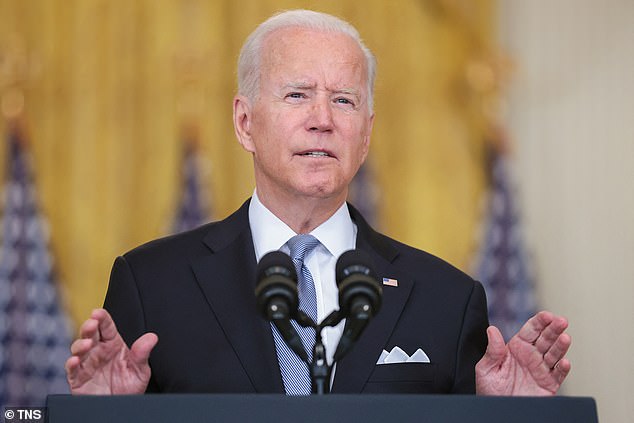
President Joe Biden (pictured) said that ‘it’s past time’ that the COVID-19 booster shots become available. The While House announced Wednesday that the third shots will begin rolling out on September 20
‘Booster shots are not going to stop the spread of Delta. Vaccinating unvaccinated people is going to stop the spread of Delta, and giving booster shots to people in the U.S. is not going to stop the development of new variants around the world.
‘They have to vaccinate everyone in the world.’
She believes that resources would be better used distributing some vaccines to other countries outside of the United States.
In America, more than 70 percent of adults have received at least one dose of a COVID-19 vaccine.
There are 18 countries that have vaccinated two percent of their populations or less, including Haiti, only 800 miles away off the coast of Florida.
People remaining unvaccinated in other nations increases the likelihood of more variants emerging, that could eventually cause spikes in cases stateside.
The Delta variant, for example, wrecked havoc in India – where it originated – before making its way across the world and doing the same in the U.S.
Dr Anthony Fauci, the nation’s top infectious disease expert, even said he fears a vaccine-resistant variant could form in the near future if unmitigated spread of the virus continues.
Some see vaccine boosters as a way to prevent these types of variants from taking hold.
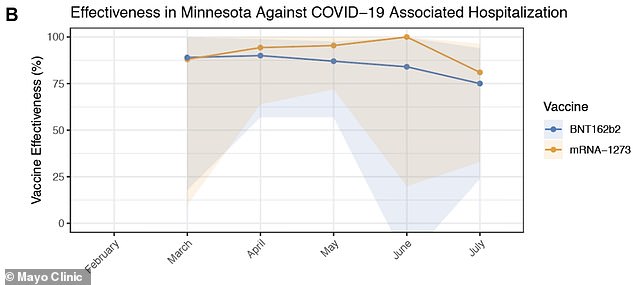
While breakthrough cases became more common in July, the rate of hospitalization remained low, with both being more than 75 percent effective
Durbin also believes that the current crop of vaccines is sufficient, and boosters will not be needed as long as they continue to prevent serious cases of Covid.
‘It’s important to understand that vaccines are not designed to prevent infection. They’re designed to prevent you from getting seriously ill,’ she said.
While the efficacy of the vaccines has decreased over time, data show that they are not losing their effectiveness in preventing hospitalizations and deaths, according to data from the Mayo Clinic in Minnesota.
Durbin also has doubts about the Delta variant’s ability to cause breakthrough cases.
With the vaccines losing efficacy over time, the highly contagious variant may actually just be taking advantage of arriving in the U.S. months after many Americans received their jabs.
The variant is very contagious, and is just benefitting from people’s antibody levels waning over time.
As long as hospitalizations remain low among the vaccinated, according to Durbin, booster shots are not needed.
Panic over the Delta variant has struck the United State’s in recent weeks, though, and has had many making rash decisions.
Some medical professionals are even recommending patients to receive unauthorized COVID-19 booster shots, for which the Centers for Disease Control and Prevention (CDC) reports one million have been distributed.
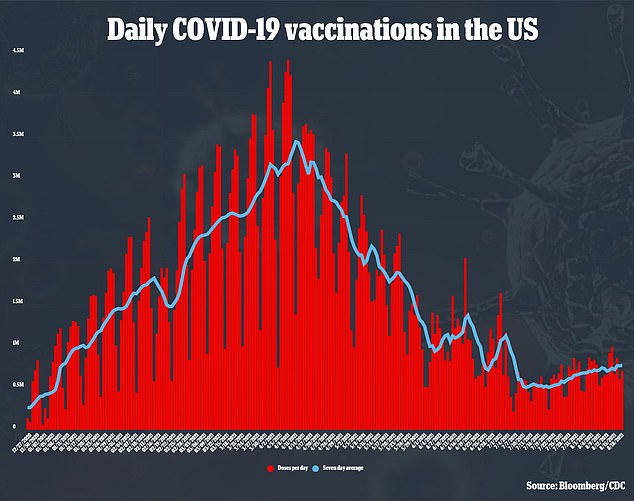
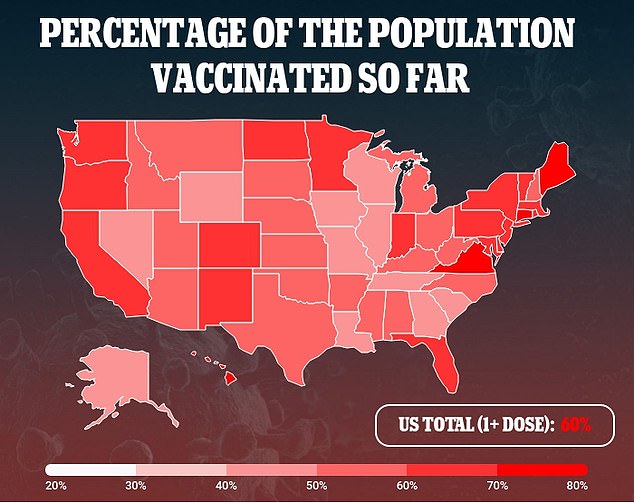
Durbin thinks the physicians and health experts pushing boosters are playing into this panic, and that they are often just misinformed.
‘I think they don’t understand the science of vaccines,’ Durbin said of some experts pushing booster shots.
‘I think it’s easier to say, “Yes, give a booster” than it is to try to reassure a person who’s very nervous.’
She thinks what ever decision is made regarding boosters should be data-driven, and that the available data just do not seem to back up what officials are doing.
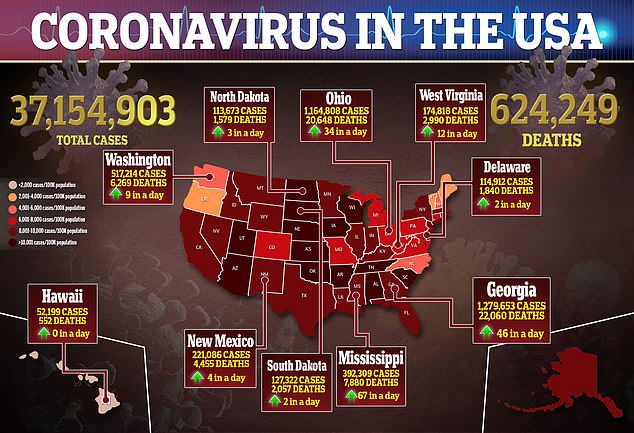
Source link : https://www.dailymail.co.uk/health/article-9909543/Scientist-argues-NO-data-White-House-decision-roll-booster-shots.html











